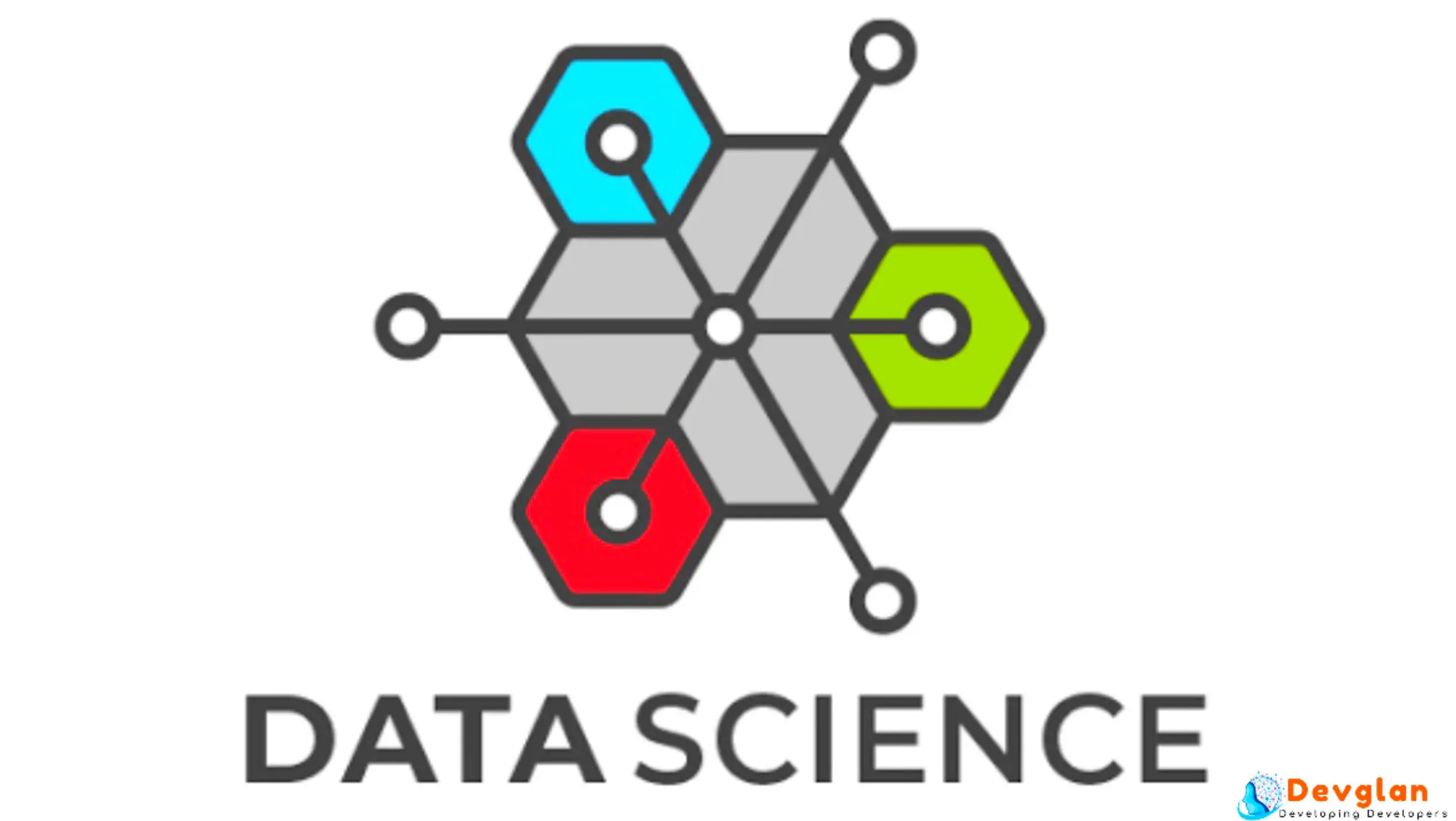The finance industry is being transformed by data science impacting how financial institutions function, manage risks and engage with customers. By analyzing datasets and deriving insights data science facilitates better decision making, enhances customer experiences and fuels innovation. This article delves into the ways data science is reshaping finance emphasizing its applications, advantages and future directions.
Risk Management and Fraud Detection
Data science plays a role in risk management and fraud detection within the sector. It equips institutions with tools to address risks like market fluctuations and fraudulent activities effectively. Data science consulting firm can greatly improve the functions of institutions by using analytics to enhance risk management, identify fraud and provide customized experiences for customers.
- Predictive Analytics. Utilizing data to forecast outcomes predictive analytics aids financial institutions in recognizing potential risks and taking preemptive actions. Machine learning algorithms scrutinize datasets, for patterns and trends resulting in precise risk evaluations. Investment banks leverage analytics to evaluate the risk associated with investment portfolios empowering them to make well informed decisions and optimize their strategies.
- Fraud Detection. Data science also contributes significantly to identifying activities through algorithms that pinpoint unusual patterns or behaviors indicative of fraud. This enables institutions to swiftly detect and prevent fraud as it occurs. Credit card companies utilize machine learning finance algorithms to scrutinize transaction data and identify irregularities that may indicate activities. These sophisticated systems are capable of flagging transactions and notifying customers thereby mitigating the risk of loss.
Improving Customer Experiences
The field of data science is revolutionizing how financial institutions engage with their clientele. Through the application of data analytics, banks and financial service providers can offer tailored experiences to enhance customer satisfaction.
- Tailored Banking Services. Tailored banking services utilize data to customize products and offerings according to each customer's requirements and preferences. By examining customer interactions and transaction records banks can present suggestions, financial guidance and targeted promotional offers. Banks could analyze a client's spending habits. Propose a savings strategy aligned with their objectives. This personalized approach does not enrich the customer journey. Also fosters loyalty and confidence.
- Interactive Assistants and Chatbots. Interactive assistants and chatbots powered by intelligence are gaining popularity within the finance sector. These tools enable customers to access information and assistance streamlining service delivery while enhancing convenience. For example virtual assistants like Erica, from Bank of America assist customers in checking balances transferring funds and offering insights based on their transaction history.
Investment Strategies and Portfolio Management
The field of data science is transforming the way investment strategies and portfolio management are approached offering insights into market trends and asset performance. This empowers investors to make informed decisions and optimize their investment portfolios.
Algorithmic trading leverages computer algorithms to execute trades and in volumes based on pre established criteria. Data science plays a role in enhancing trading by enabling more advanced models capable of analyzing real time market data and making quick trading decisions.
For instance hedge funds utilize machine learning algorithms to interpret market signals and conduct trades that aim to maximize returns while minimizing risks. These algorithms can adjust to shifting market conditions. Continually enhance their performance over time.
Robo advisors are automated platforms that offer algorithm driven financial planning services with human involvement. Leveraging data science on these platforms. Manage investment portfolios customized to the goals and risk tolerance of individual investors.
For example Wealthfront and Betterment are known robo advisors that employ data based algorithms to deliver investment guidance efficiently and cost effectively while managing clients portfolios effectively.
Regulatory Compliance and Reporting
Ensuring regulatory compliance is an aspect of the finance sector with data science playing a role, in assisting institutions in meeting regulatory standards and streamlining reporting procedures.
- Regulatory technology (RegTech) solutions utilize data science to compliance procedures monitor changes in regulations and ensure that financial institutions comply with obligations. Companies such as AxiomSL and NICE Actimize provide RegTech solutions that employ data analytics to automate compliance reporting, identify violations and manage risks effectively.
- Automated Reporting. The use of data science enables automated reporting by examining and consolidating data from sources to produce timely reports for regulatory authorities and internal stakeholders. For example banks leverage data analytics platforms to automate the creation of reports ensuring adherence to requirements while minimizing the time and resources needed for manual reporting.
Conclusion
The influence of data science on the finance sector is profound and extensive. Through enhancing risk management, enhancing customer experiences optimizing investment strategies and simplifying compliance processes, data science is propelling progress and innovation. As technology advances further the role of data science in finance will expand significantly presenting both new opportunities and challenges.
Financial institutions that adopt data science practices and invest in tools and expertise are poised for success in a data centric environment. The future of finance is undeniably linked with the progress in data science promising an secure and tailored financial landscape.

















